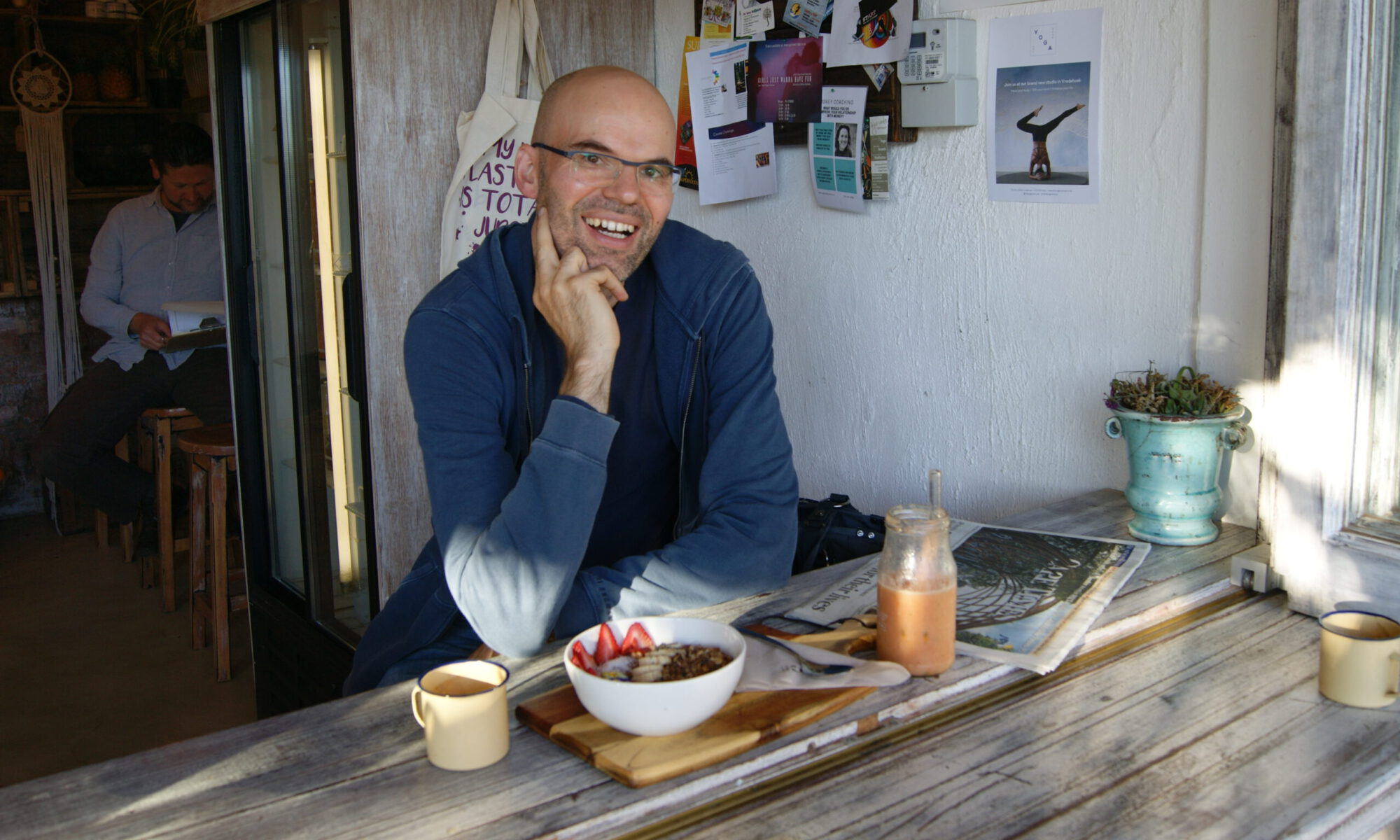
After psychology, sociology, economics and politics, today I would like to round off my series of blog posts with an introduction to ethics, an exciting branch of philosophy.
What do I find so interesting about ethics?
The lesson of „good“ in times of war in Ukraine. How do you explain to a six-year-old that his former au pair’s home is being reduced to rubble?
I try with the hope of peace. „What you take by force, you can only keep by force.“ Gandhi’s words exude humanity’s desire for freedom, showing the fragility of oppression. As horrific as the moment is, it will not last. I’ll try the story of David versus Goliath, even if I would prefer a non-violent one.
We immediately come to the big questions of humanity. Why is there violence, why are there wars, why is there oppression? Are people bad? I explain to my son that people are neither good nor bad by nature, that good and bad are human judgments. That we are social beings who need other people. That wherever people live together, there are always disputes and that it is better to resolve disputes through discussion.
That it is about balancing interests. That violence must be the last resort when defending yourself. Words can hurt the soul, physical violence can kill.
What are important basic insights of ethics for me?
Ethics as a branch of philosophy deals with the universal justification of morality (morality in the sense of morally good behavior)
An example of morally good behavior (morality) is the Golden Rule „Do not do to others what you would not want done to yourself“, while the Categorical Imperative „Act as if the maxim of your action should become a general law of nature through your will“ is therefore an example of an (ethical) justification of morality.
According to my former philosophy lecturers at LMU[i], ethics is about practice-oriented questions about a happy and successful life, for example:
- How can we determine the right life in the face of the divergence of cultures?
- How can we act correctly in the face of the divergence of concepts of „good“?
These leave room for answers, depending on which ethical position one is guided by.
Examples of ethical positions are Virtue ethics, natural law ethics, utilitarianism, deontological ethics, ethical nihilism, value ethics and metaethics.
I will go into this in more detail in the course of my blog.
[i] This is what I learned in the introduction to ethics at LMU from Prof. Dr. Mayer and Prof. Dr. Vossenkuhl😉
What do I do with it?
The individual ethical positions offer me good guidance on the question „How do I become a good person“ in a VUCA world[i]😉
According to Aristotle’s virtue ethics, the good life consists in choosing a suitable way of life, in developing virtues that enable the best behavior in certain types of situations and in concrete actions corresponding to the virtues (see blog post „What is good life?„)
According to utilitarianism, for example, one should choose actions with the greatest possible benefit for all.
[i] VUKA stands for volatile, uncertain, complex and ambivalent
(Further) food for thought for children
You can find good tips on philosophizing with children on the following page: https://www.scoyo.de/magazin/familie/freizeit/philosophieren-mit-kindern-tipps/
I hope you enjoyed this introduction to ethics!
